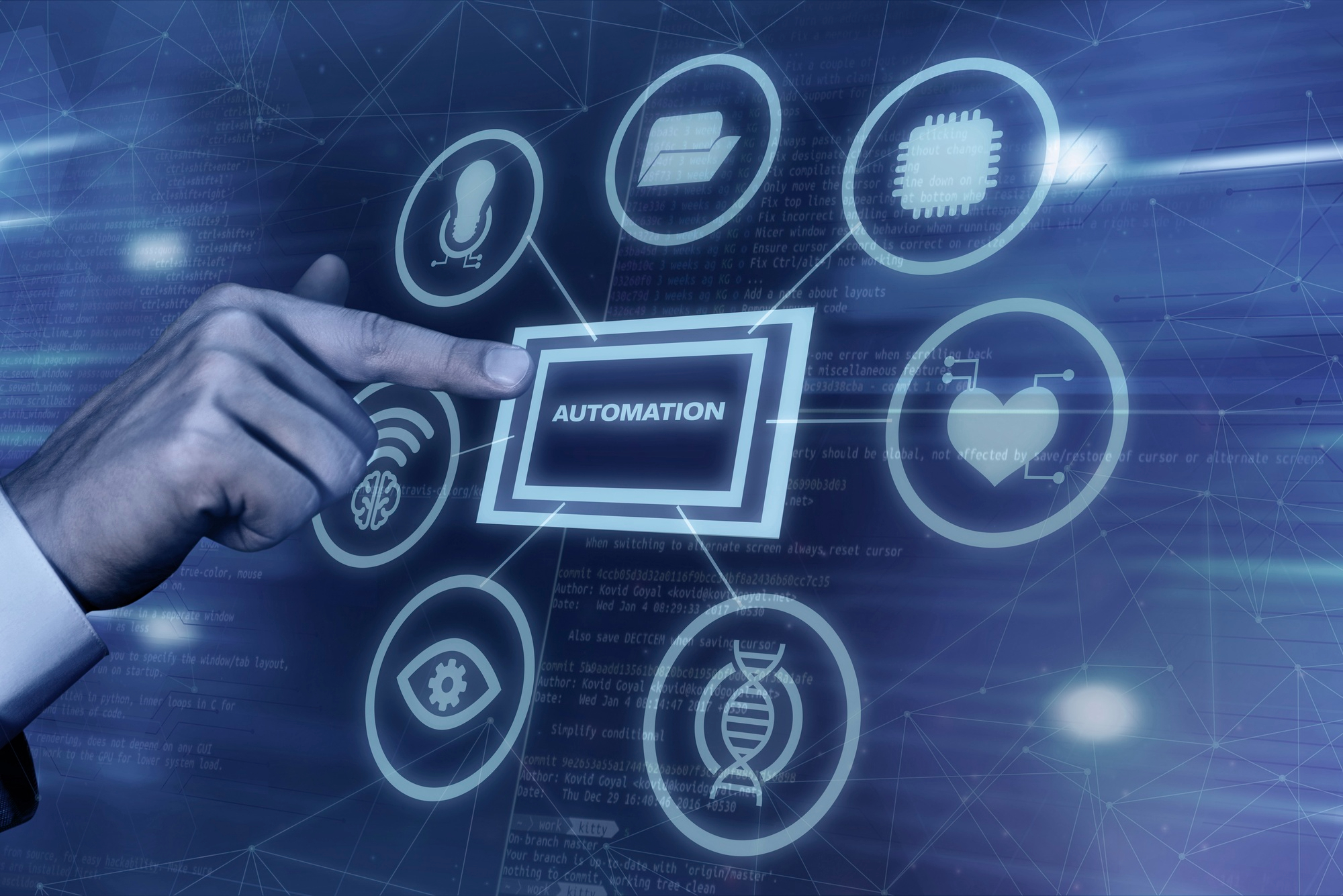

Neşir edilen senesi
Görlen

Artificial Intelligence (AI) has rapidly evolved from experimental technology to one of the most influential forces of the 21st century. According to PwC, AI could contribute up to $15.7 trillion to the global economy by 2030, making it the biggest commercial opportunity in today’s fast-changing business landscape. But beyond numbers, the real story lies in how AI is transforming industries, reshaping human interaction, and redefining what’s possible. AI as a Collaborative Partner The next generation of AI will not just automate repetitive tasks — it will collaborate with humans. Imagine medical AI systems supporting doctors in diagnosing rare diseases with higher accuracy, or design platforms that co-create concepts with designers in real time. This shift marks the transition from AI as a tool to AI as a true partner in innovation. Hyper-Personalization Everywhere From retail to education, the future of AI is deeply personal. Gartner predicts that by 2030, over 80% of customer interactions will be managed by AI without direct human involvement. Personalized shopping experiences, adaptive learning platforms, and content tailored to mood and preference will no longer be luxuries — they will be expectations. Responsible and Ethical AI As AI’s reach expands, so does the responsibility to ensure its fairness and transparency. Issues of bias, accountability, and privacy are becoming central to AI adoption. The future will see a stronger push for explainable AI — systems that not only make decisions but also explain the reasoning behind them — creating trust between humans and machines. AI in Everyday Life AI will become so deeply integrated into daily routines that it will fade into the background. Smart homes will optimize energy use, autonomous vehicles will redefine mobility, and personal assistants will anticipate our needs rather than simply respond to them. This invisible intelligence will reshape how we live, making life more efficient and connected. AI as a Competitive Advantage Companies that embrace AI are not just improving efficiency — they are setting the pace of innovation. From logistics systems that adapt instantly to supply chain disruptions, to predictive healthcare analytics that improve outcomes, AI is becoming the core differentiator between industry leaders and those left behind. Closing Thought The future of AI is not about replacing people — it’s about amplifying human potential. Those who learn to work with AI will unlock new levels of creativity, efficiency, and insight. As technology and humanity move closer together, one truth remains clear: the future of AI is not just technological — it is profoundly human.